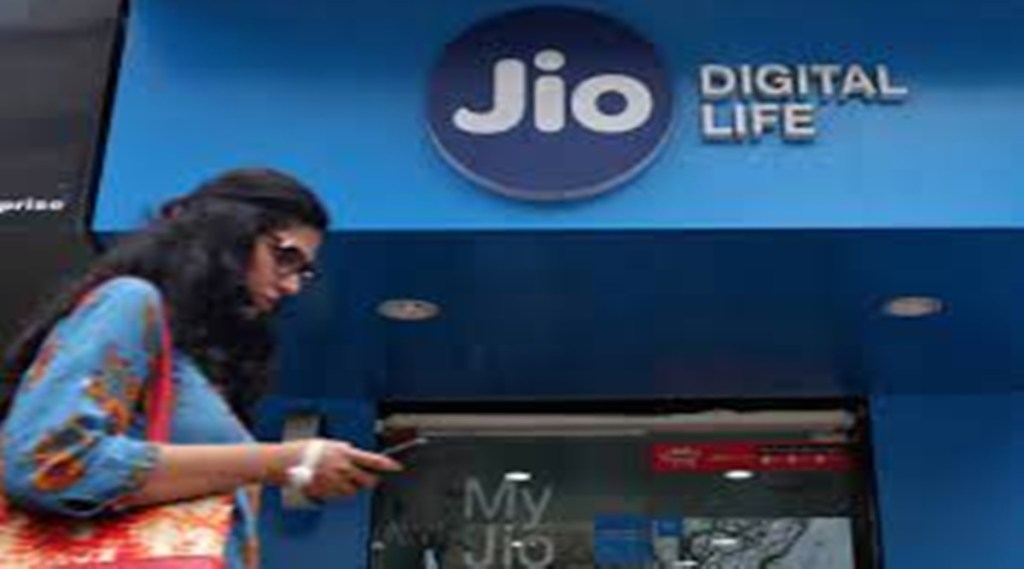The Supreme Court on Monday sought responses from Vodafone Idea and Bharti Airtel on an appeal by Reliance Jio Infocomm seeking to be heard in a case related to the points of interconnection (PoI) issue pending before the Telecom Disputes Settlement and Appellate Tribunal (TDSAT).
A Bench led by Chief Justice NV Ramana issued notices to Vodafone Idea and Airtel on RJio’s appeal against the TDSAT order that rejected its application for impleadment in the PoI case.
Both Vodafone and Airtel had moved the TDSAT against the Department of Telecommunication’s demand of Rs 3,050 crore as cumulative penalties from the two telcos for allegedly denying adequate PoIs to RJio in 2016 when it commenced operations, which affected quality of services, thus flouting licence conditions, the appeal stated.
DoT had raised the demands on September 29 last year. Subsequently, TDSAT had on October 22 stayed recovery of the amount till the issue is finally decided.
The fine was imposed on the recommendation of Trai which had back in October 2016 found the three older service providers – Bharti Airtel, Vodafone India and Idea Cellular – guilty of flouting service quality rules. The regulator had recommended fines of Rs 1,050 crore each on Vodafone India and Airtel for violating licence conditions in 21 circles each and Rs 950 crore on Idea Cellular for violating rule in 19 circles. Vodafone India and Ideal Cellar have since merged.
The company said that “as a direct consequence of this concerted denial of (points of interconnection), not only did each of (Jio’s) subscribers suffer immensely, but enormous harm was also caused to (company’s) reputation amongst the consumers, hampering its growth in the telecom sector.”
In the petitions by the two telcos, categorical assertions have been made against RJio, including assertions related to the interpretation of bilateral contracts between the three parties, the RJio appeal stated. The petition further stated denial of interconnection points was “the very intention of Bharti Airtel and Vodafone Idea”, both of whom had “orchestrated” the problem “seeking to protect their monopoly in the telecom sector at the expense of the Indian consumers”.
According to RJio, even while its applications for impleadment had been rejected, the TDSAT order “implicitly” recognised that the Mukesh Ambani firm was a “necessary and proper party” whose presence would assist the adjudication of the issues before the tribunal.

